The Debated process of First Language ACQUISITION FOA
By Nick Bachelder
The Debated Process Of Language ACQUISITIOn

Interactionist Theory
Innateness Theory
Noam Chomsky
Jerome Bruner/
Skinner


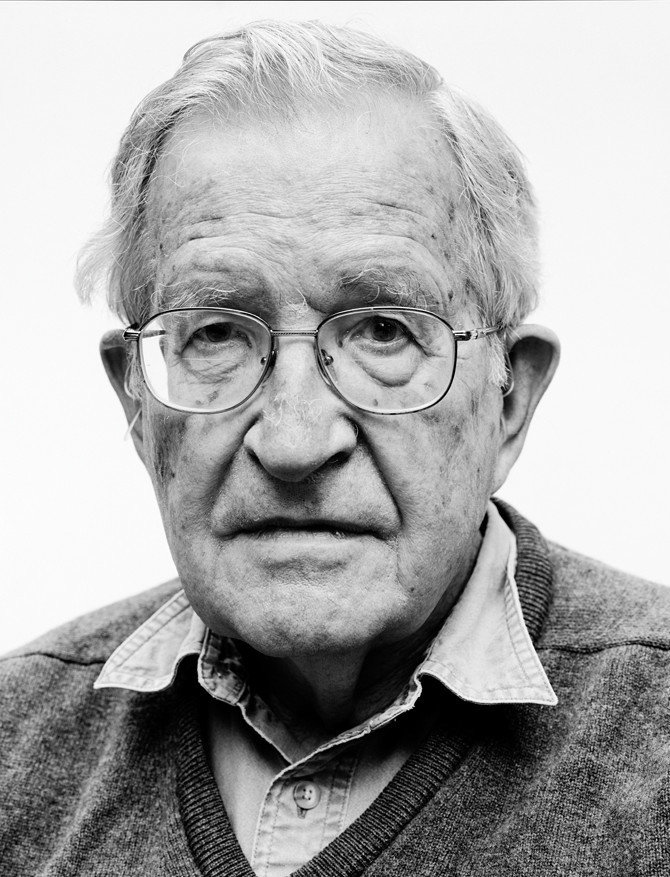

Innateness Theory: CHoMsky
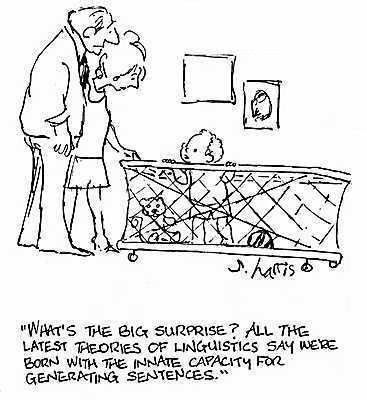
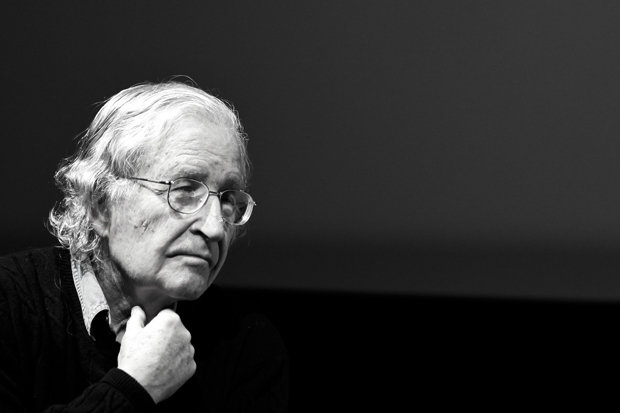
Inborn Ability to understand Prinsciplies of languagE
1. Sentence structure contains universally basic rules in all languages

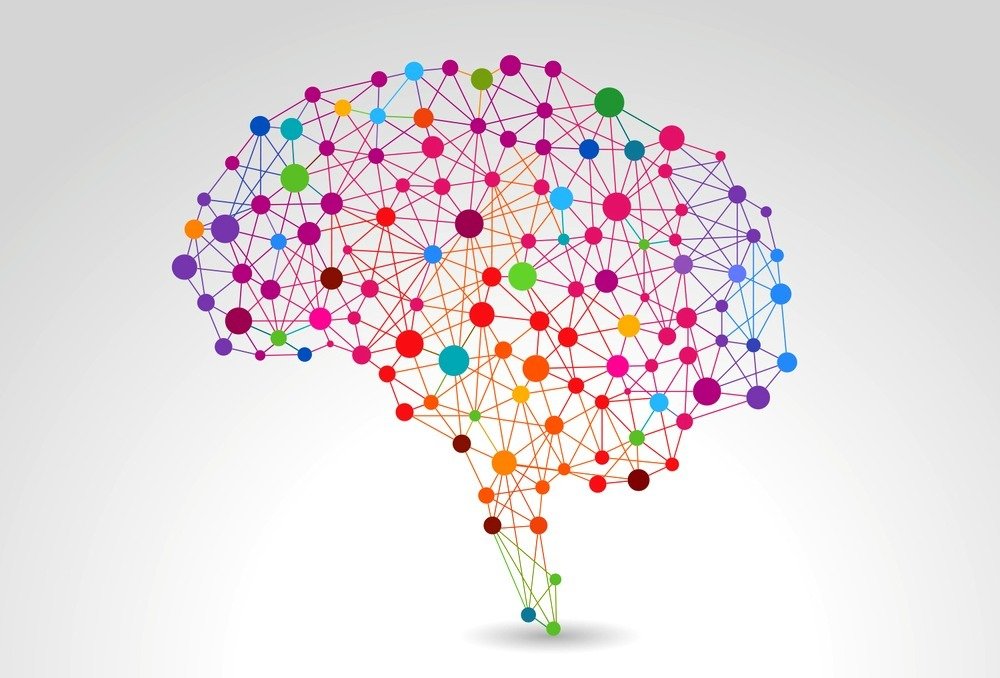
-Result of human evolution
-Natural predisposition to learn language
2. Exposure to language triggers use of Natural, predetermined knowledge of Language
Interactionist theory: Bruner
Also: Behaviorist Theory


-
Still fueled by interaction
-
Sucsessful gramatical use is rewarded through pos/neg interaction
-
Renforcement fuels learning
-
CHildren learn through input of knowledge by adults

What is "Linguistic Interaction"

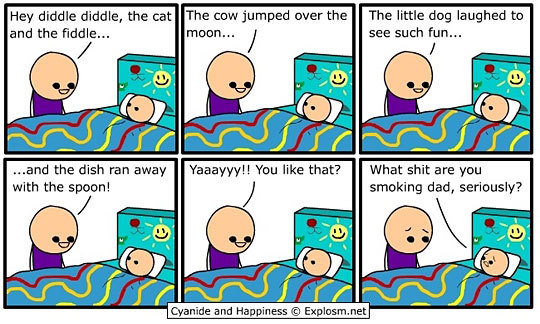

Put Simply: Almost ANything
Initial Opinions?
Chomsky
Innateness
Predetermined
Behaviorism
Interactionist
Bruner
Both?
Whats the significance?
-
TO Class?
-
To Society?
This is answered by the article...
What DO All Babys need, yet arnt getting EQUALLY?

Directly relates to Class: WOrd Power for Babies
SIGNIFICANCE to SOCIETY:
" In low-income families.. parents often have had less education and limited access to parenting guidance, that’s usually the end of it; in wealthier families, directives are only a small part of an ongoing conversation."
Support for Interactionist theory:
“At 18 months, every child still has the potential to invent Facebook,”
Main Idea(S): -Genetics does not make or break A CHILDS ABILITY TO DEVELOP LINGUISTICALLY, BUT INTERACTION/ REINFORCEMENT DOES.
-POVERTY DIRECTLY INFLUENCES THE AMOUNT OF LINGUISTIC INTERACTION A CHILD RECEIVES.
Language Awareness: Melissa Fay Greene
"Many low income children are suffering from a shortage of words- songs, nursery rhymes, storybooks, chit-chat, everyday stuff"
Big Idea: Word Gap (30 mil. at 6-7 years)
Thesis
Bruner's interactionist theory, which to an extent contrasts Chomsky's idea that language is innate, is proven accurate by the quota of literary interactions needed for children to develop a PROFICIENT linguistic ability. one should note, though, thay the THEORIES overlap more than is commonly ACKNOWLEDGED and accuracies should be taken from both .
MOTHER-CHILD LINGUISTIC INTERACTIONS AND BEHAVIORAL DEVELOPMENT: University of Guadalajara
- (2 to 5 months of age) Interactions deal with maintaining the infant's attentiveness and positive affect in face to face exchanges.
- Association of objects with words
- (8 months) Participates in intentional interactions and showing reciprocity.
- (12 months)Actual vocabulary and speech shown
WHATS GOING ON IN THERE: HOW THE BRAIN AND MIND DEVELOP: Lisa Eliot, PHD
Study: Parents preview each successive step in behavioral development (with positiveity)
- Vocalisation Play: Introduce and practice syllables
- Labeling Play: Associate Nouns and Verbs wth objects
- Labeling Play Cont: parts of speech: (On off, etc)
"All children exposed passed the basic milestone of language learning months before the norm"

MOTHER-CHILD LINGUISTIC INTERACTIONS AND BEHAVIORAL DEVELOPMENT
"Parents who talked more inevitably exposed their children to more words and phrases, [consequently] their children linguistics progressed."
WHATS GOING ON IN THERE: HOW THE BRAIN AND MIND DEVELOP
"Researchers in developmental science stressed the need to conceive language acquisition within the scope of general development and socialization, pointing to the outstanding role initially played by the mother-child interaction."
FURTHER RESEARCH SUPPORT
By: University of Guadalajara
By: Lise Eliot, PHD
"A follow-up study on the same group of children revealed that these verbal skills presisted well into grade school years.
(In reference to a study preformed in middle class familys)
Further research
COnclusion Statement
The analyzation of development of first language linguistics in different children of different levels of economic backgrounds shows us that interaction between child and mentor is an essential aspect to language acquisition. In addition, it is essential that we address the word gap between socioeconomic families to promote literary success beyond a young age.
Post thoughts/Counter arguments/ Thoughts
Noah?
Bibliograpghy
Palmer, Dahlia. "THEORIES OF LANGUAGE ACQUISITION - dahlia palmer." Weebly. N.p., n.d. Web. 5 Jan. 2017.
Quintana, Carmen. University of Guadalajara, 15 Aug. 2003. Web. 5 Jan. 2017.
Green, Melissa. "Word Power For Babies." Language Awareness. N.p.: n.p., n.d. N. pag. Print.
Greene, Melissa Fay. "What Do All Babies Need Yet Aren't Getting Equally? | Reader's Digest." Reader's Digest. RD, 16 Apr. 2016. Web. 05 Jan. 2017.
Eliot, Lise. What's Going on in There?: How the Brain and Mind Develop in the First Five Years of Life. New York, NY: Bantam, 1999. Print.
Midterm FOA
By nickb112511
Midterm FOA
- 128



